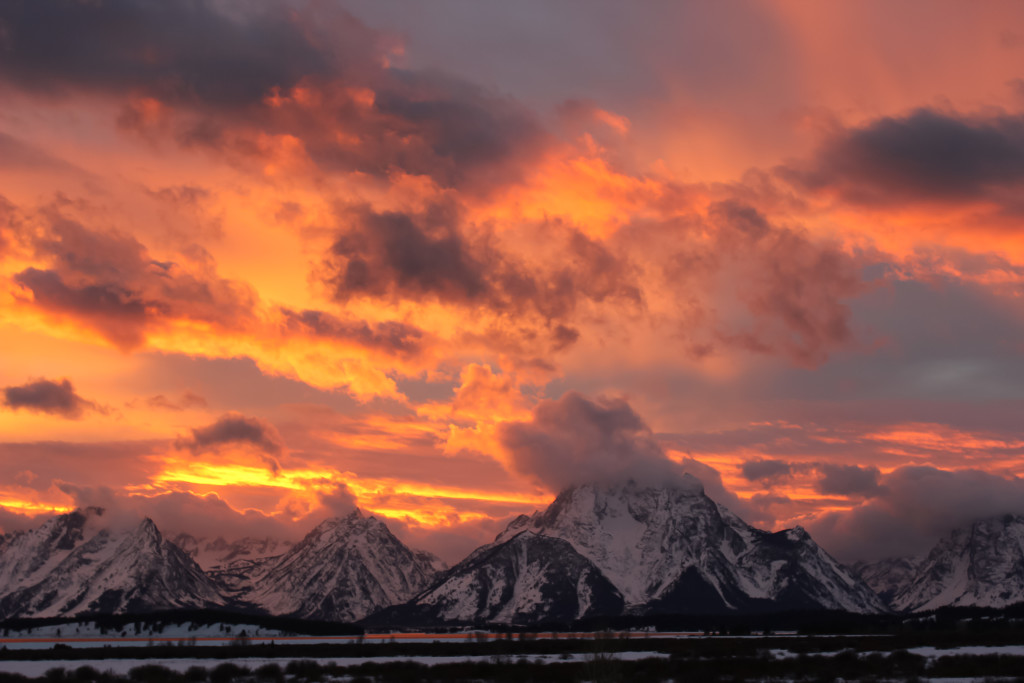
Titles/Series/Grades –How do I know what to apply for?
As mentioned previously, a simple search of the word forestry will pull up many results and can leave one feeling unsure of which job they should apply for. Never fear, I am here to help you sort through the piles of job openings.
A series is basically a net which jobs are cast under. If you are reading this, I can probably make the assumption that you are interested in jobs in the forestry field. The series for those job openings would be either Forestry Series-0460 or Forestry Technician Series -0462. However, you may be interested in a plethora of other jobs, and this index will help you find the series for whatever job you may be interested in.
Once you know what series you want to apply for, you click the link in the previous index and it will list all the qualifications you need to work in that series. It will also tell you how to define your previous work experience in federal government terms, to see which pay grade, GS, you will qualify for.
Pay grade is pretty simple to define, its what you will get paid in each job you apply for. But its also more than that, you know how many jobs state that pay differs “depending on experience,” well that is exactly what this means. You may see two jobs posted right next to each, both will have the same title, like Forestry Technician, both will be in the same location, and you will have a hard differentiating between the two. The main difference will generally be the pay grade. There is a huge difference between a pay grade 9 and a pay grade 4 job. In general, if you have a four-year degree you will be looking at jobs with a pay grade 5 or lower. As you gain more work experience in the field, or as you gain more education, jobs in higher grades become available to you.
Once again, the job series becomes useful to you here as it will help you see exactly what experience or what kind of training or education you need to qualify for the job. Each series will have its own set of qualifications for each pay grade. Once again, the index above will help you sort through all of that, but for your convenience, I have listed the requirements from the Office of Personnel Management for a forestry job here.
“Specialized Experience (for positions at GS-4 and above)
A season of experience is considered to be a period of no less than 3 months of continuous employment on a seasonal basis. Shorter periods may be combined to make a season, provided a total of at least 3 months’ experience is shown. For any period where the work exceeded 3 months, the excess work is credited towards an additional season of experience. One season of experience is qualifying for GS-2; 2 seasons of experience qualify for GS-3; and 4 seasons of experience qualify for GS-4. Examples of qualifying specialized experience include:
- Forestry aid or technician work.
- Engineering, range, or soil conservation technician work that involved the application of cultural, resource conservation, or land management practices on nonforest or ranch lands when combined with knowledge of forestry operations and equipment.
- Farming or ranching work that involved application of cultural and soil and water conservation practices, including safety and use of equipment, and that provided a basic understanding of land use.
- Forest or range fire control, prevention, or suppression work.”
OR
Education and Training
For GS-3: Successful completion of 1 year of study that included at least 6 semester hours in a combination of courses such as range management or conservation, agriculture, forestry, wildlife management, engineering, biology, mathematics, or other natural or physical sciences.
For GS-4: Successful completion of 2 years of study that included at least 12 semester hours in any combination of courses such as forestry, agriculture, crop or plant science, range management or conservation, wildlife management, watershed management, soil science, natural resources (except marine fisheries and oceanography), outdoor recreation management, civil or forest engineering, or wildland fire science. No more than 3 semester hours in mathematics is creditable.
For GS-5: Successful completion of a full 4-year course of study leading to a bachelor’s degree (a) with major study in forestry, range management, agriculture, or a subject-matter field directly related to the position, or (b) that included at least 24 semester hours in any combination of courses such as those shown above for GS-4. No more than 6 semester hours in mathematics is creditable.”
So to sum it all up, if you are reading this you are most likely interested in Occupational Series 0460 or 0462 job, with a pay grade of GS 05 or lower. You can enter these requirements into a search and narrow down the job results to be exactly what you are looking for. Hopefully this makes the job search a whole lot easier.
